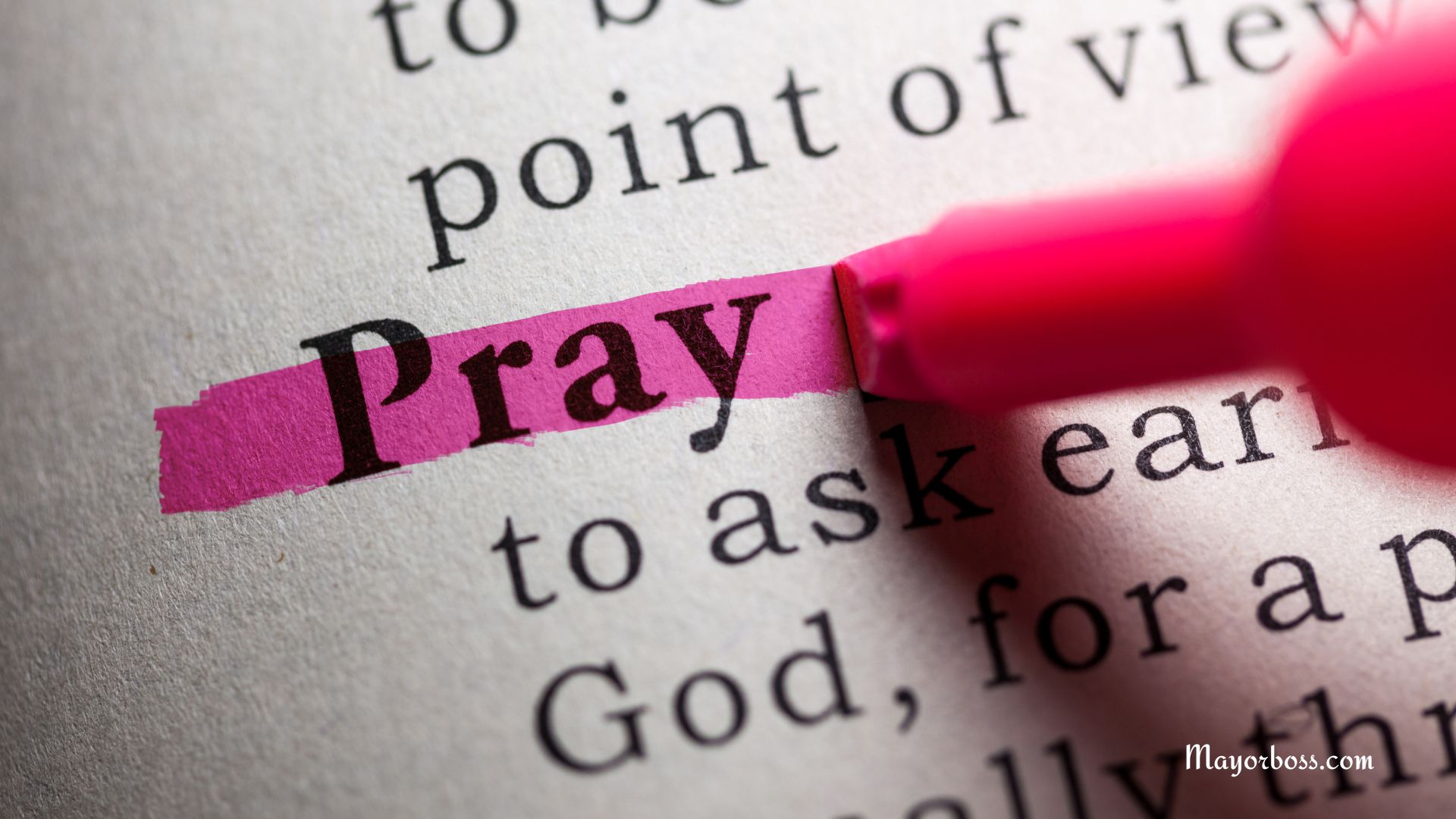These 10 Signs Reveal He’s Secretly a Terrible Person
It can be tough to judge someone’s character just by their outward behavior, especially when they’re good at wearing a mask. However, subtle signs and patterns can hint at someone’s true nature, especially if they’re not the nicest person behind closed doors. If you’re starting to get a hunch that there might be more beneath the surface of his charming facade, here are ten signs that could indicate he’s secretly a terrible person.

He Regularly Dismisses Your Feelings and Concerns
If he frequently belittles your feelings or dismisses your concerns as trivial or silly, it’s a significant red flag. A partner who respects you will value your emotions and what you have to say rather than constantly making you feel small or unimportant.
He Often Lies About Small Things
Regular dishonesty about minor details can be a precursor to more significant lies. If you catch him in small lies frequently, it’s a warning that he may not value honesty or transparency in your relationship or in other areas of his life.
Manipulative Behavior Is His Go-To Strategy
Manipulation can be subtle—like guilt-tripping you into doing what he wants or twisting facts to make you doubt your memory (gaslighting). If you notice manipulative patterns in his behavior, it’s a sign of a deeper disregard for the feelings and autonomy of others.
He Shows Disrespect Towards Others
Pay attention to how he treats people when he thinks you’re not watching—waitstaff, strangers, or even friends and family. If he shows a pattern of disrespect or rudeness, it’s a reflection of his true character.
He Has a History of Unhealthy Relationships
A history of tumultuous relationships, whether with friends, family, or romantic partners, can be a warning sign. While not all troubled relationships reflect poorly on him, a consistent pattern might indicate problems with how he relates to others.
Lack of Empathy Towards Others’ Misfortune
A lack of concern or empathy when others are hurt or in distress is concerning. If he seems indifferent or even takes pleasure in others’ misfortune, it suggests a deep lack of empathy—a common trait in someone with cruel tendencies.
He Is Excessively Charming in a Calculated Way
While charm isn’t inherently bad, excessive or calculated charm used to consistently get what he wants might be a façade. This can often mask a lack of genuine feeling or sincerity in his interactions.
He Blames Others for Everything
If he never takes responsibility for his actions and always finds a way to blame others—even for his own mistakes—it’s a sign of immaturity and an inability to reflect on his own flaws.
His Anger Flares Over Minor Issues
Frequent, intense anger over trivial matters can indicate deeper issues with control and temperament. If his anger seems disproportionate to the situation, it’s a red flag that shouldn’t be ignored.
He Enjoys Making Cruel Jokes at the Expense of Others
Regularly making others the butt of cruel jokes or enjoying offensive humor that hurts others is not just bad taste—it can also be a sign of deeper disrespect and insensitivity towards other people’s feelings.
To Sum Up: Trust Your Gut
If you’re noticing these signs, it might be time to take a deeper look at your relationship with him or reconsider how much you want this person in your life. Remember, the most important indicator is your own instinct—don’t ignore what your gut is telling you.
FAQs
1. What should I do if I recognize many of these traits in someone?
Consider the impact this relationship has on your well-being and whether maintaining it is in your best interest. It might also be helpful to discuss your observations with a trusted friend or counselor for perspective.
2. Can someone change if they exhibit these signs?
While people can change, it requires self-awareness, a genuine desire to improve, and often professional help. Be cautious about assuming responsibility for someone else’s growth, especially if their behavior negatively affects you.
3. How can I protect myself in a relationship with such a person?
Setting clear boundaries, maintaining a strong support network, and seeking professional advice are crucial steps in protecting yourself in a relationship with someone who exhibits these negative traits.






